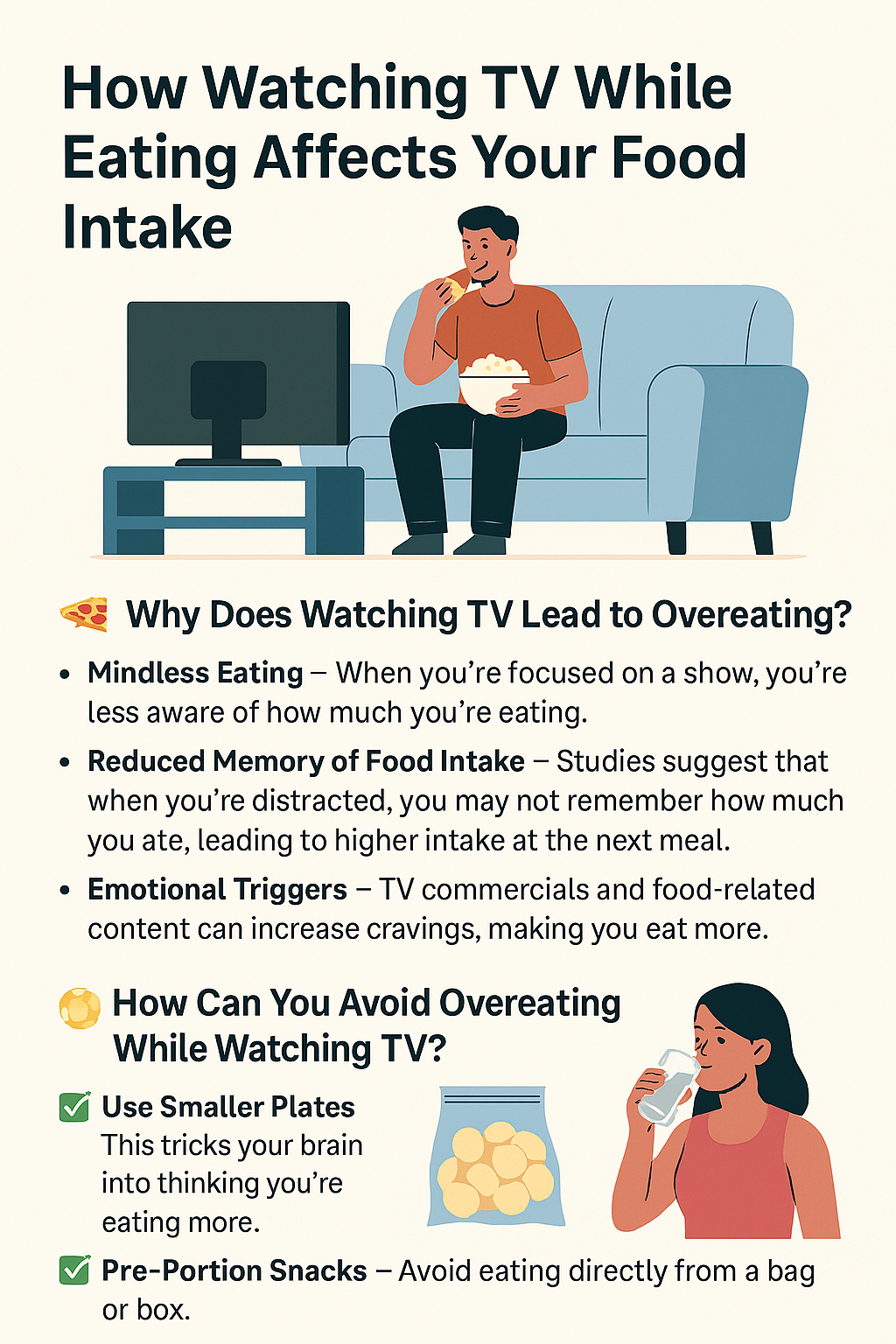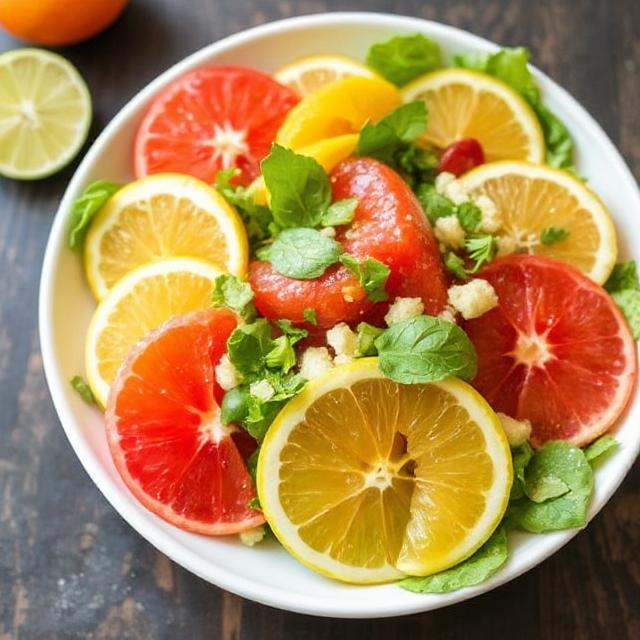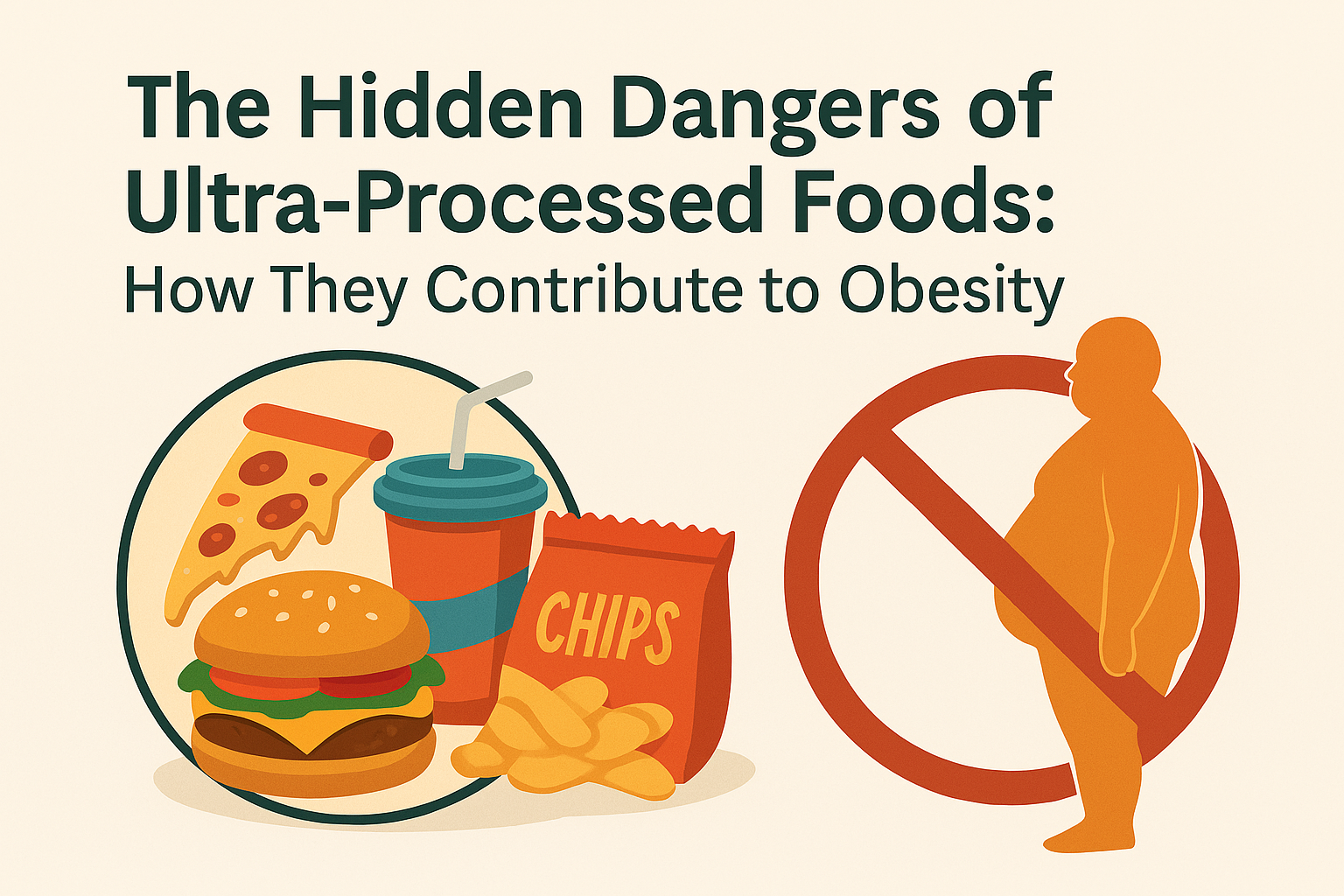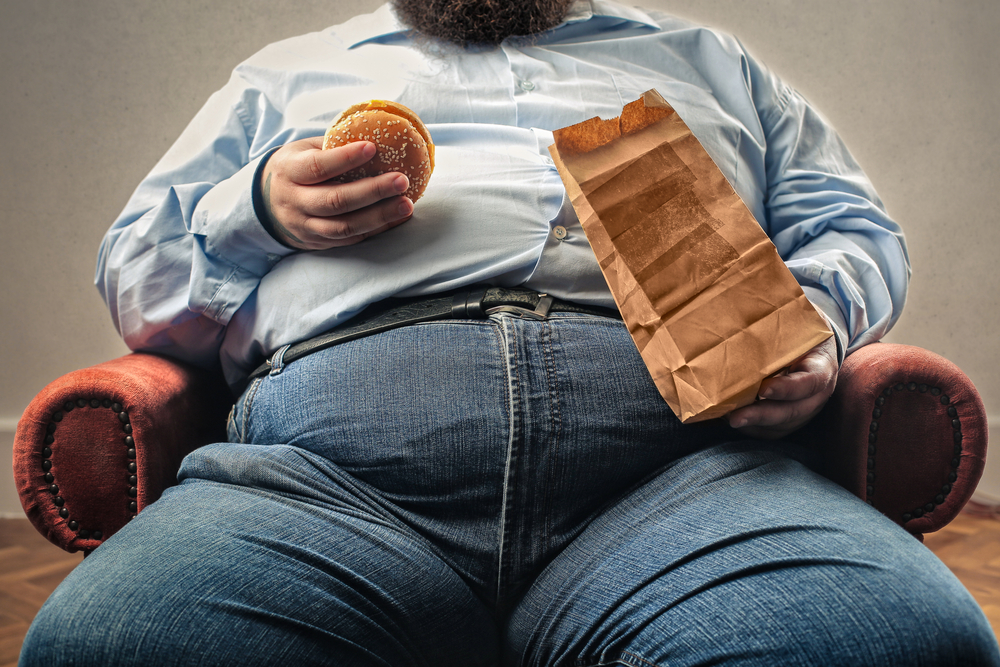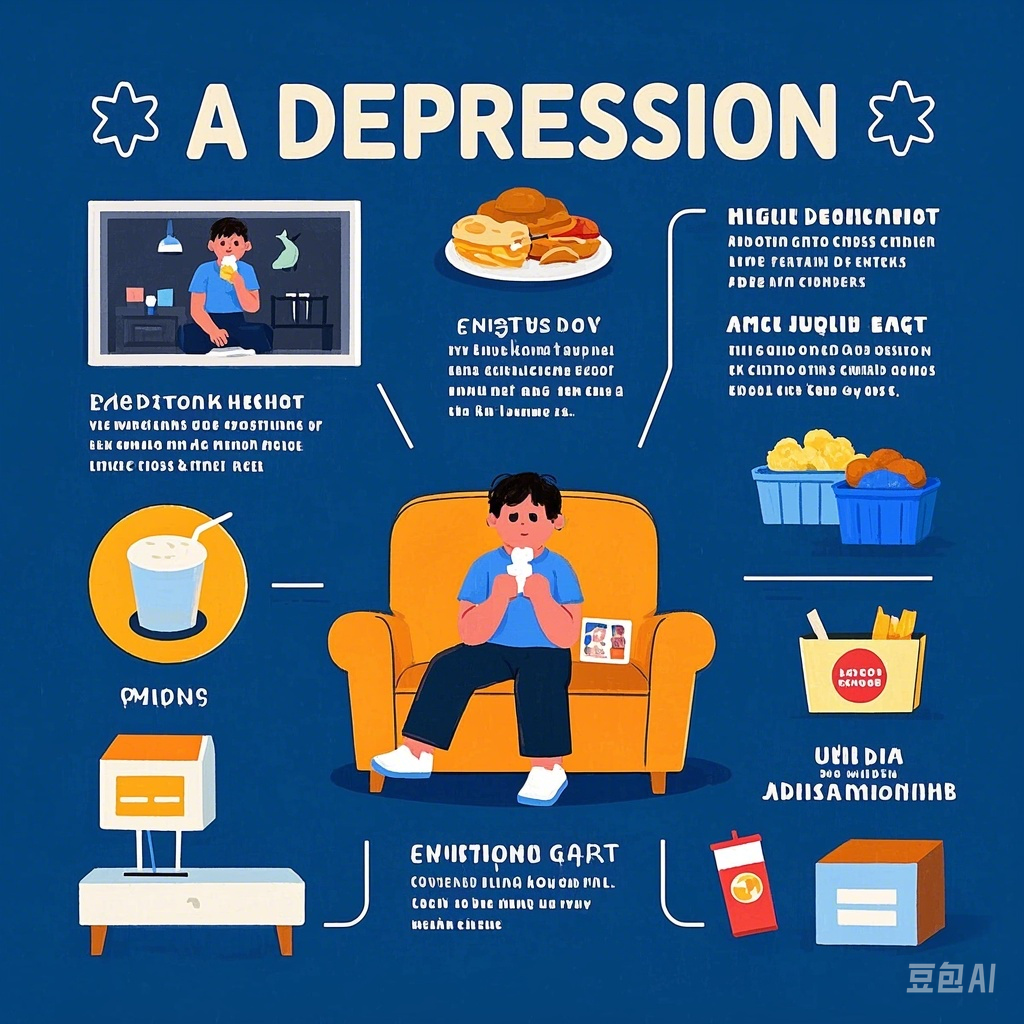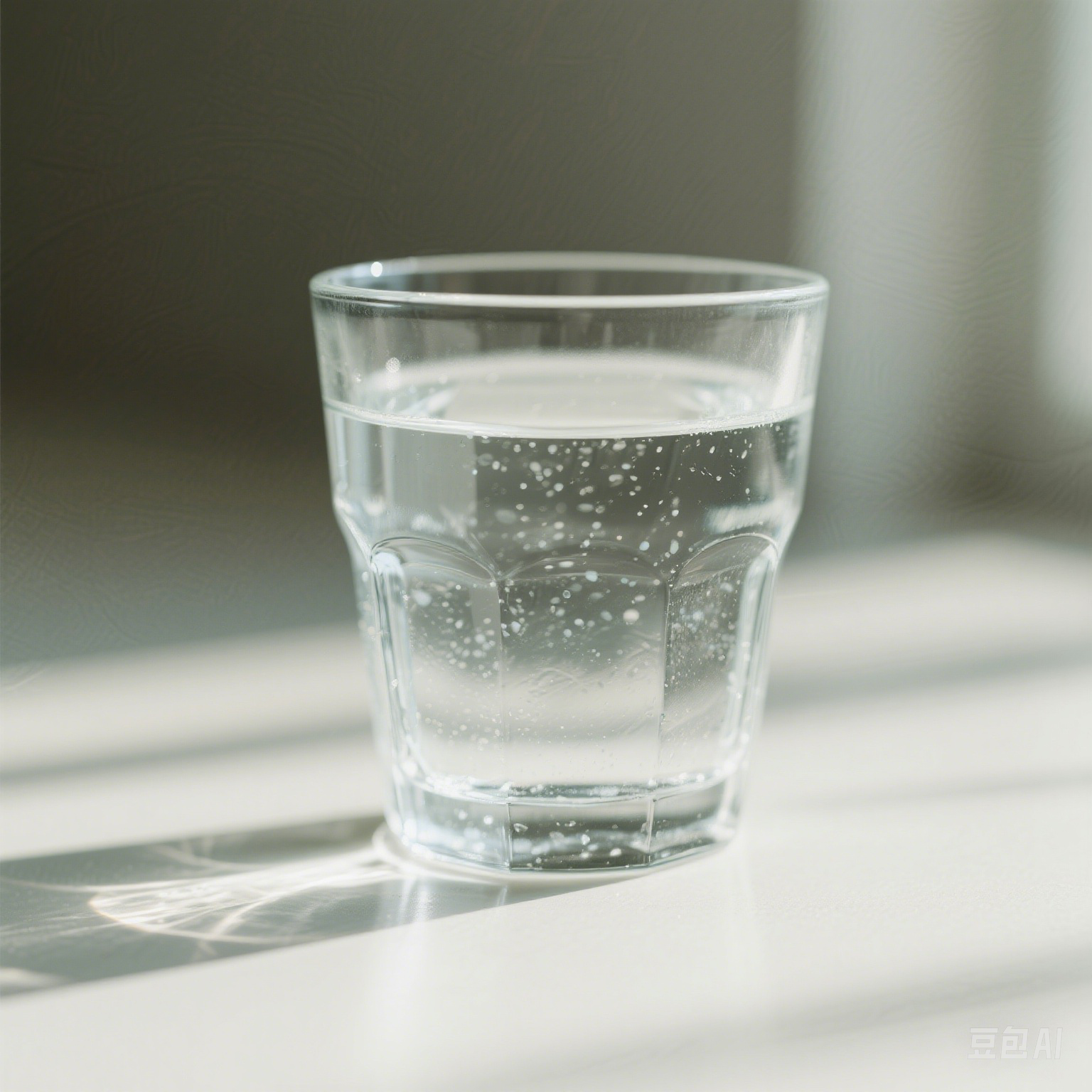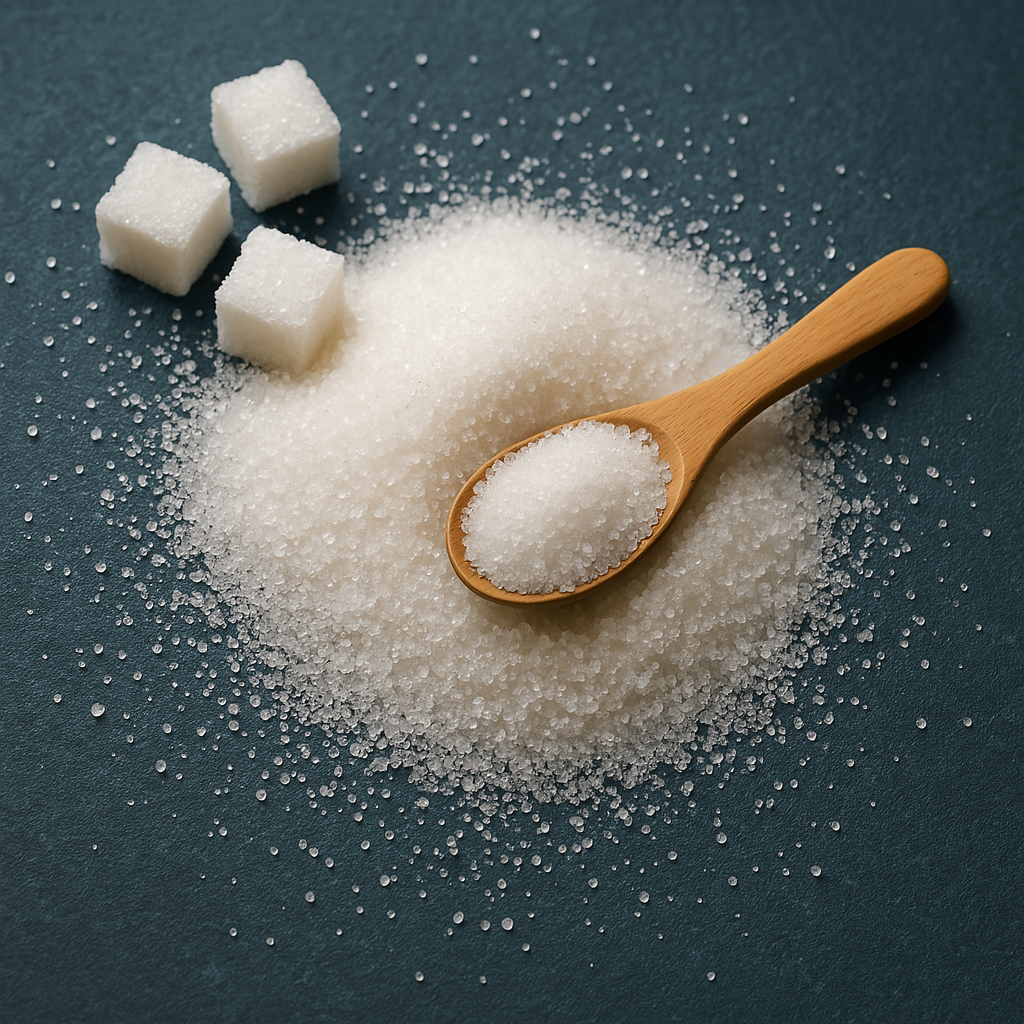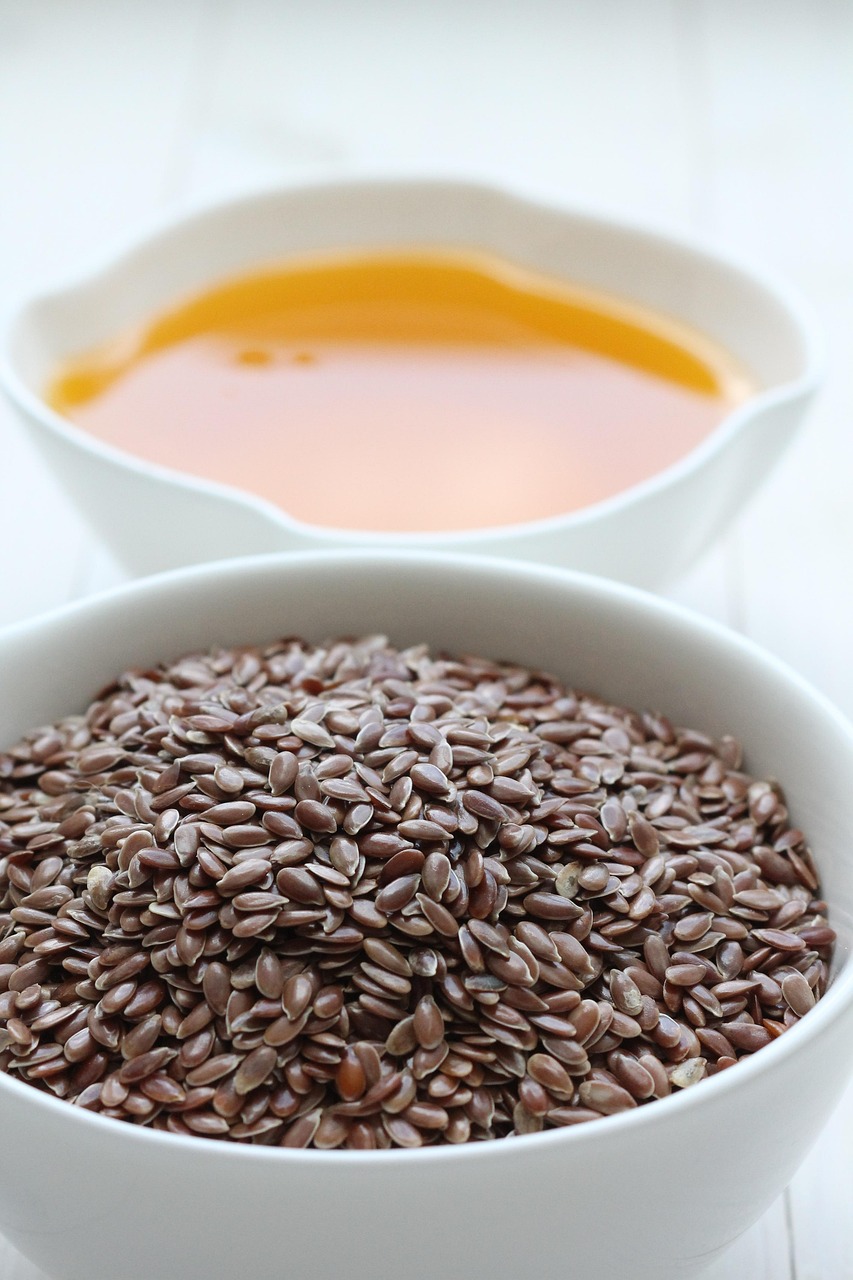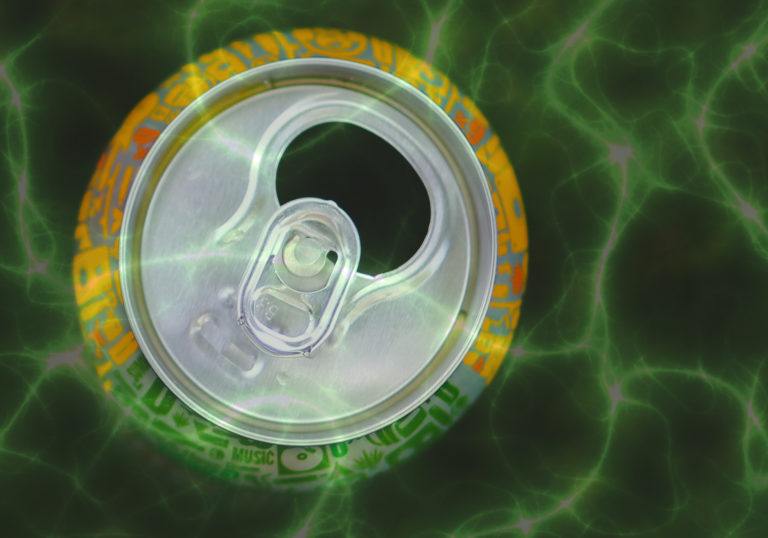What Are Sports Drinks Made For?
Sports drinks are specially designed beverages aimed at athletes or individuals performing intense physical activity. They often contain:
- Carbohydrates: Usually in the form of sugars like glucose, sucrose, or high-fructose corn syrup.
- Electrolytes: Such as sodium, potassium, calcium, and magnesium to replace those lost through sweat.
- B Vitamins: Sometimes added for energy metabolism support (though not to be confused with energy drinks).
The goal? To help replenish fluids and nutrients lost during prolonged, high-intensity workouts—typically sessions lasting longer than 60 minutes.
However, for everyday physical activities or short workouts, the average person doesn't deplete electrolytes or glucose levels enough to need these drinks. In those cases, sports drinks become just another sugary beverage.
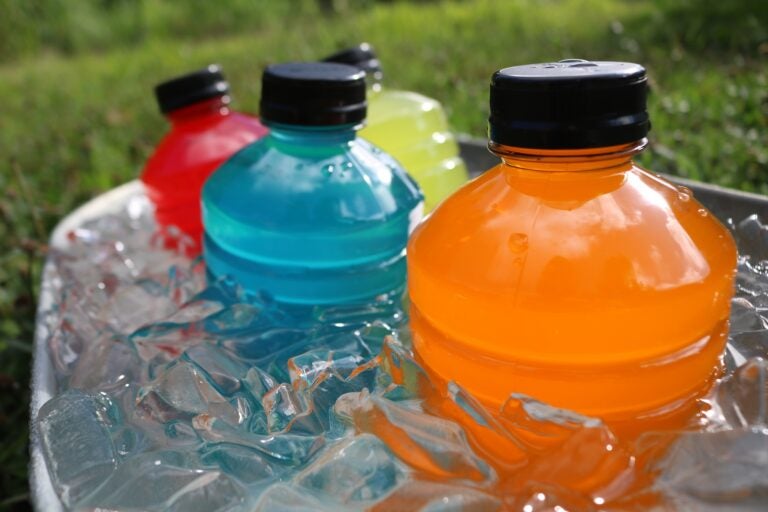
What About Kids and Teens?
While there is some evidence that sports drinks may benefit adult athletes, research on children is limited. Kids vary widely in how much they sweat, and most don’t engage in extended periods of intense exercise.
Still, for children or teens engaged in vigorous activity for over an hour, especially in hot weather, sports drinks might help prevent dehydration—if monitored by adults. For everyday play or gym class, plain water is more than sufficient.
Interestingly, sports drinks account for nearly one-quarter of sugar-sweetened beverage consumption in adolescents. While they generally have less sugar than sodas (e.g., ~21g vs. 39g per 12 oz), they still add to overall sugar intake and could contribute to:
- Weight gain
- Increased risk of type 2 diabetes
- Heart disease
- Tooth decay
A large-scale U.S. study found that frequent consumption of sports drinks was linked to higher body mass index (BMI) in youth—especially in boys. One possible factor? The influence of sports celebrities promoting these drinks.
So, What Should You Drink?
Unless you're working out intensely for over an hour, water remains the best choice. It's calorie-free, widely available, and supports proper hydration for most people.
For active individuals—especially young athletes—it's more beneficial to focus on:
- A balanced diet
- Smart snacking
- Staying well-hydrated with water
Healthcare providers should guide families and young athletes on when and how sports drinks might be used responsibly—and when they should be avoided.
Key Takeaway
Water is usually all you need.
Save sports drinks for high-intensity workouts lasting over an hour—especially if you're
sweating heavily. Otherwise, they could do more harm than good.


